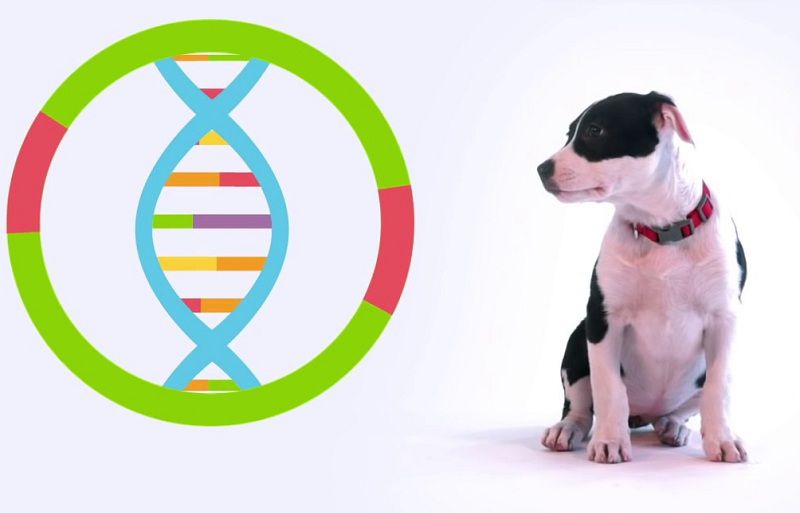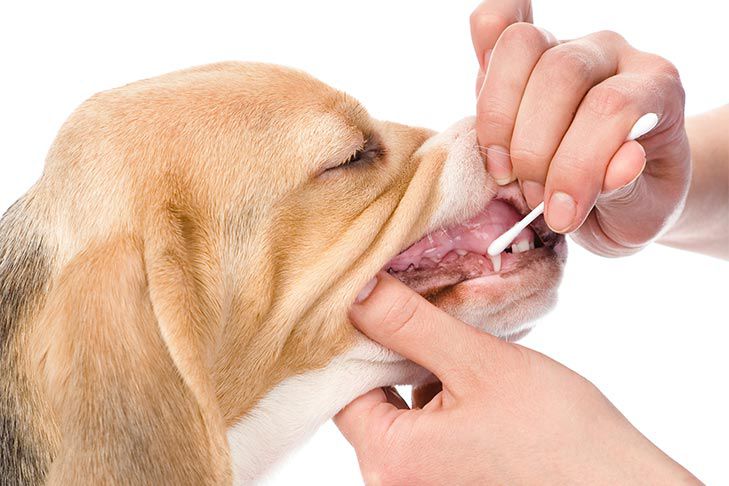Major cities and suburbs provide animal shelters where pet owners can take their pets where they can be taken care. These animals are mostly rescued animals, or animals that were taken off the street or from neglectful pet owners.

If you are one of the many fur parents who decided to adopt rather than shop for a canine companion, you might have wondered what breed your new best friend is. Many of these rescued dogs are of mixed breed and it pays to know what your dog’s heritage is (aside from satisfying your curiosity!)
I. Why DNA Testing Matters
Thankfully there are many testing centers and veterinary facilities that offer DNA testing for canines, such as Sugarland Vet Clinic. It’s a matter of bringing in a suitable sample for them to test on.
Aside from finding out your mixed breed’s true heritage and being an interesting topic to bring up the next time you go to the dog park (“My dog’s part Labrador, part German Shepherd, and also part coyote!”) there are other more important points why DNA testing is something you should seriously consider:
1. Genetics
Believe it or not, many diseases in dogs are inherited. This means that genetics play an important role in helping you and your veterinarian identify if your dog is at risk at developing certain ailments. For example, Dobermans are prone to developing blood disorders that are very similar to hemophilia. Boxers, on the other hand, are susceptible to cancer.
Aside from giving you a clearer picture of possible health issues your dog may suffer, DNA testing can also help identify any genetic mutation that is more likely to show up in your mixed breed dog. Progressive retinal atrophy (PRA) is a common genetic disease that is present in at least 100 breeds. PRA causes blindness and unfortunately, it is also untreatable. Out of the 100 breeds that have been identified to carry a genetic mutation that causes PRA, it seems that Gordon Setters are the most prone to get it. While vision problems in canines come at different stages in their lives and are caused by varying factors, knowing if your dog has a high chance of developing PRA can at least give you an idea of what the future holds for your furry friend.
Another example to highlight the importance of DNA testing is also knowing your dog’s general temperament as well as a ballpark figure of its adult weight and height (if you had adopted a puppy).
2. Helping Your Veterinarian
Upon getting the results, have a quick chat with your vet. While he or she has had extensive years of study and experience in dealing with canine health and diseases, it wouldn’t hurt to know ahead of time your pooch’s breeds and the likelihood for them to develop certain disorders or diseases.
3. Determining Parentage
Half of a puppy’s DNA comes from both its parents and if you are looking to become a breeder of a certain dog breed, it would be wise to know if the puppy is truly purebred in the first place and if it carries certain traits that can be eliminated over time by breeding it with another purebred dog that lacks those aforementioned traits.
4. Pet Waste Management
In Australia some cities have enforced a fine if a pet owner fails to properly dispose of his or her dog’s waste. In other countries like the US, some condominiums and gated communities have their own database of pets’ DNA and their owners. If there is waste where it shouldn’t be, a small sample can help identify the furry perpetrator and its owner.
II. The Process

While there are testing kits available in pet stores, getting it done at a clinic is the best way to do so.
Just like humans, a swab test is performed. The dog’s inner cheek is swabbed for several seconds before it is placed in a protective sleeve and sent out to a laboratory. You will receive results in a few weeks, either by mail or email.
Sometimes blood is used to determine DNA. If this is the case, letting your veterinarian do it is the right way.
III. The Beauty of DNA
The idea of DNA and how it is passed on from parent to offspring only came about in recent times. Science has certainly brought DNA testing to new boundaries when it extended to animals such as canines.
While some might argue that DNA testing is unnecessary, keep in mind that knowing your dog’s unique blend of breeds can be helpful in the long run. Identifying if your dog is prone to a disorder or disease can help you manage its health and nutrition better. However, you shouldn’t force unnecessary screening even when the dog is predisposed to certain ailments. Let your veterinarian decide those things to avoid causing harm to your dog.
